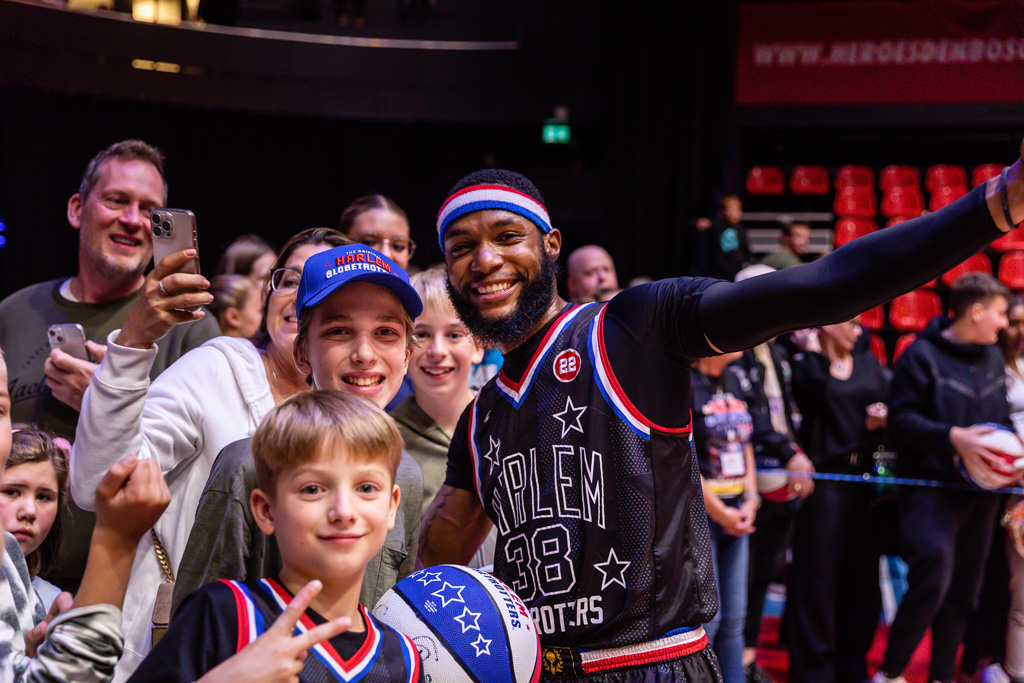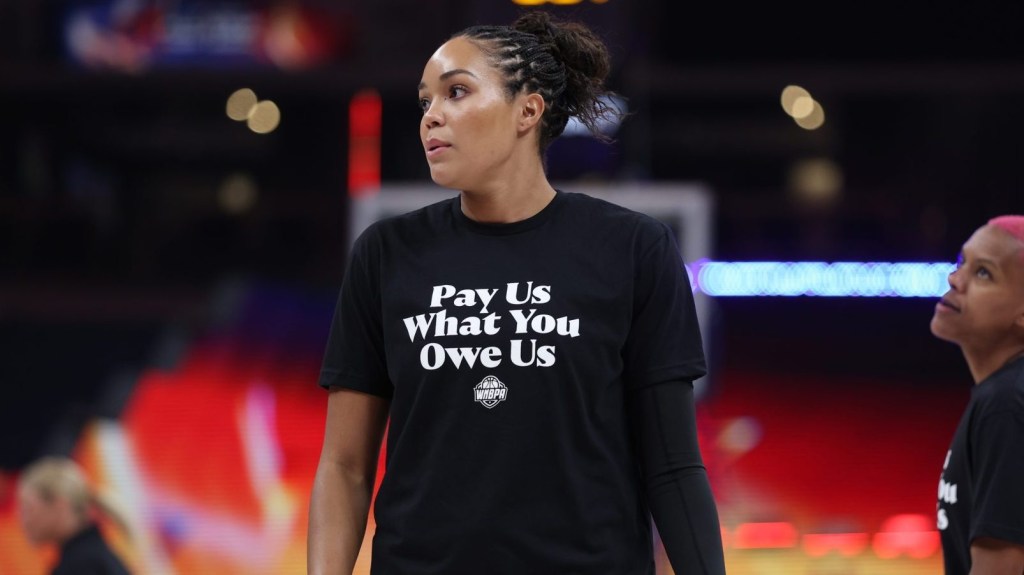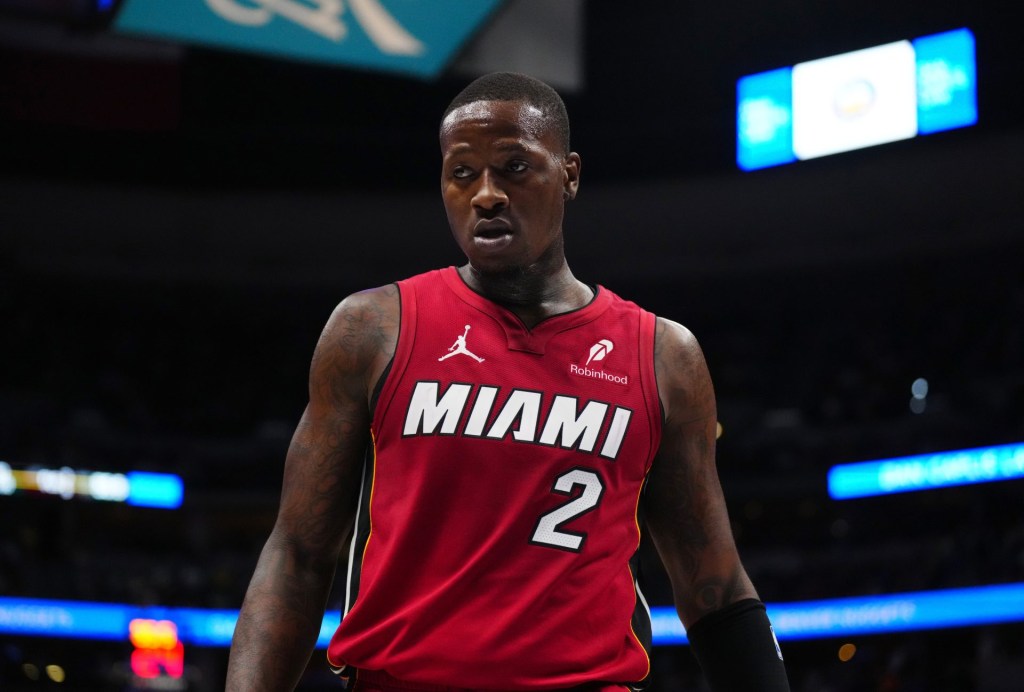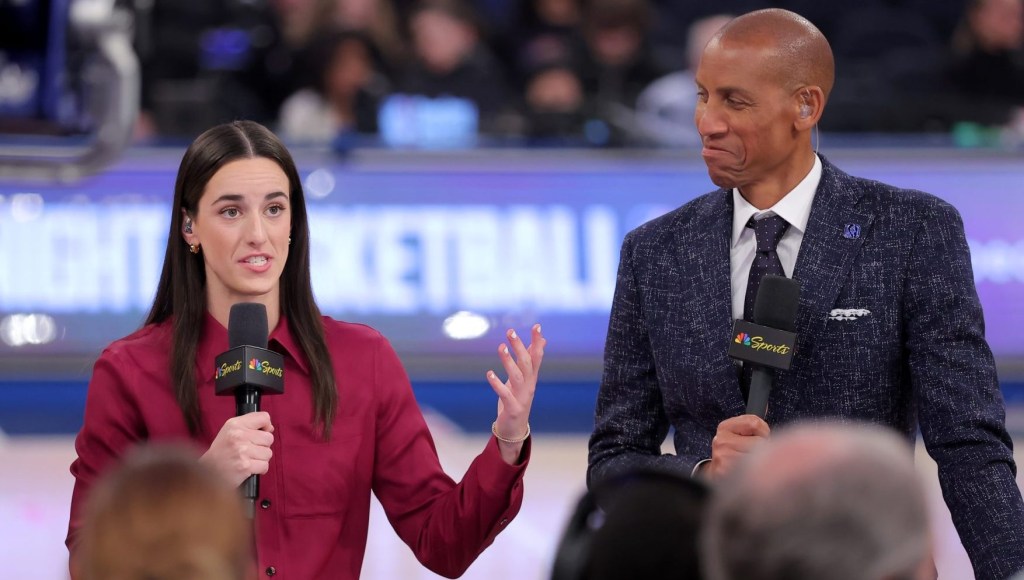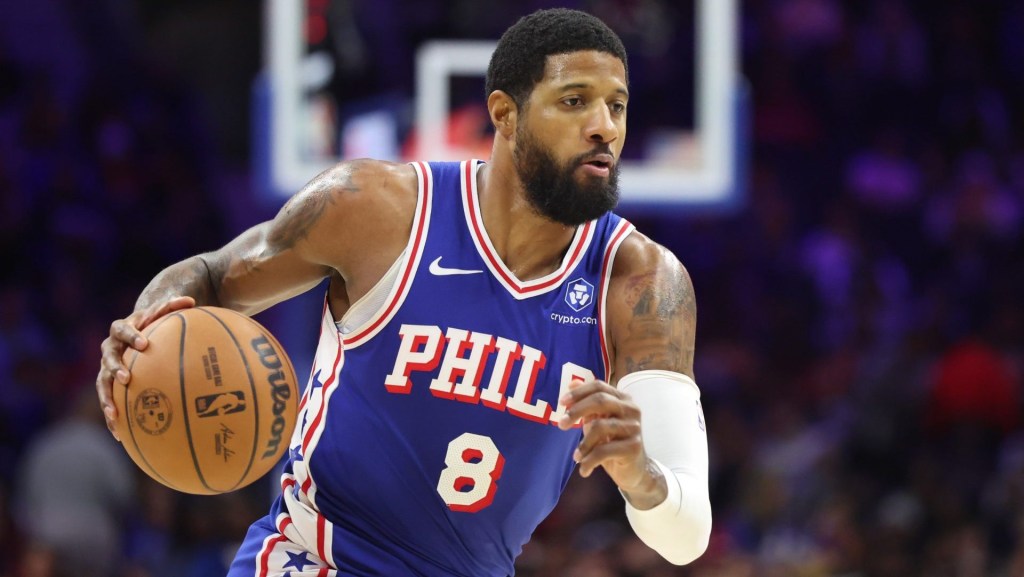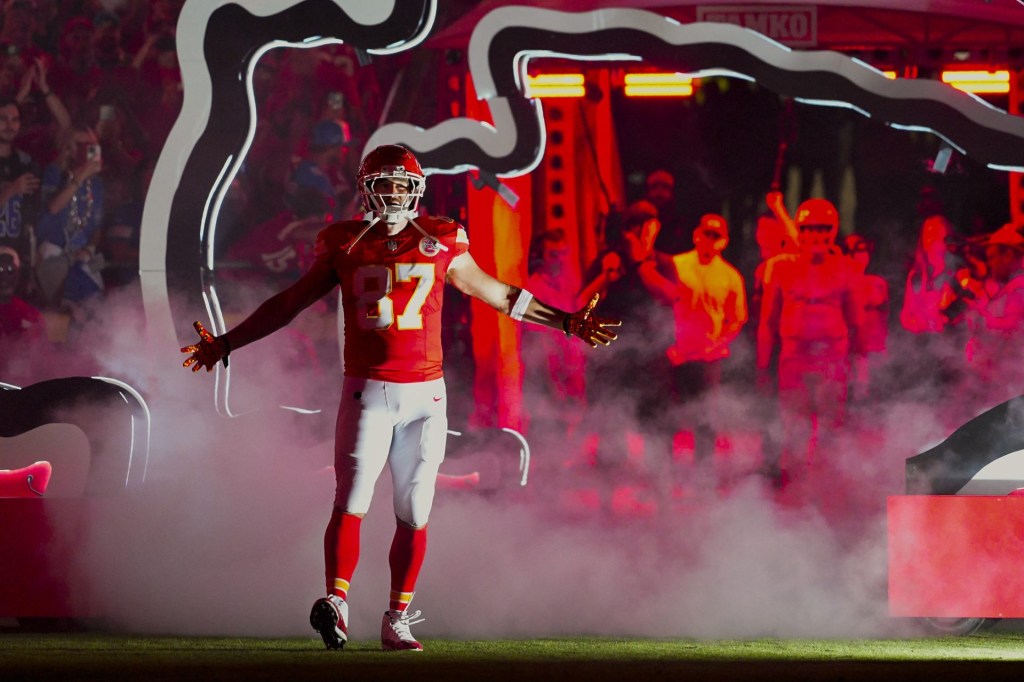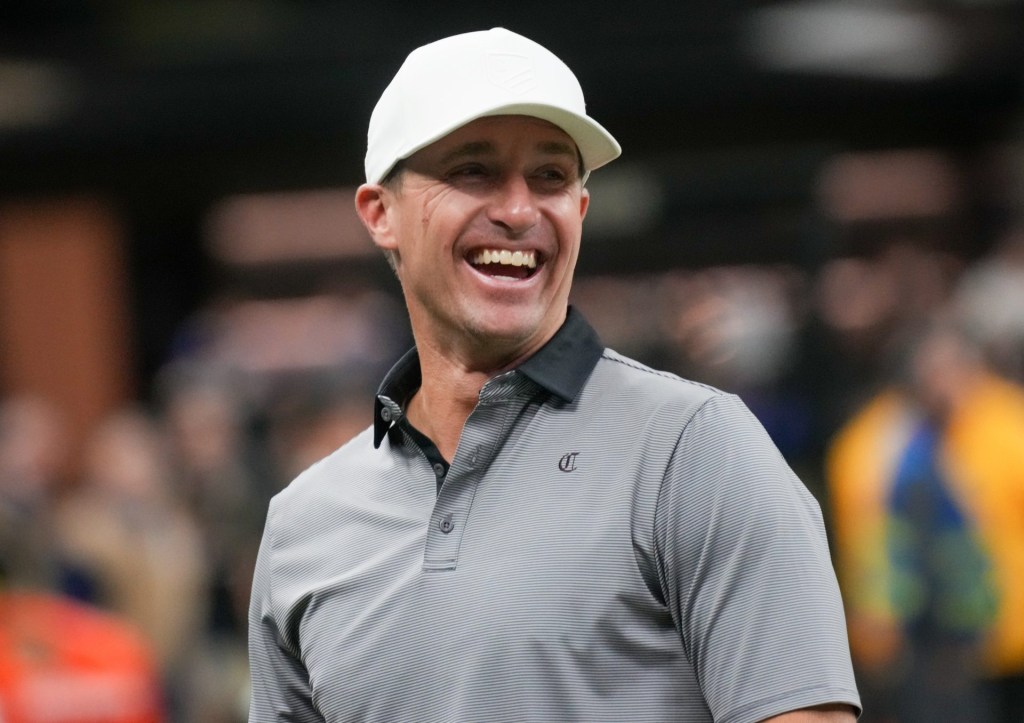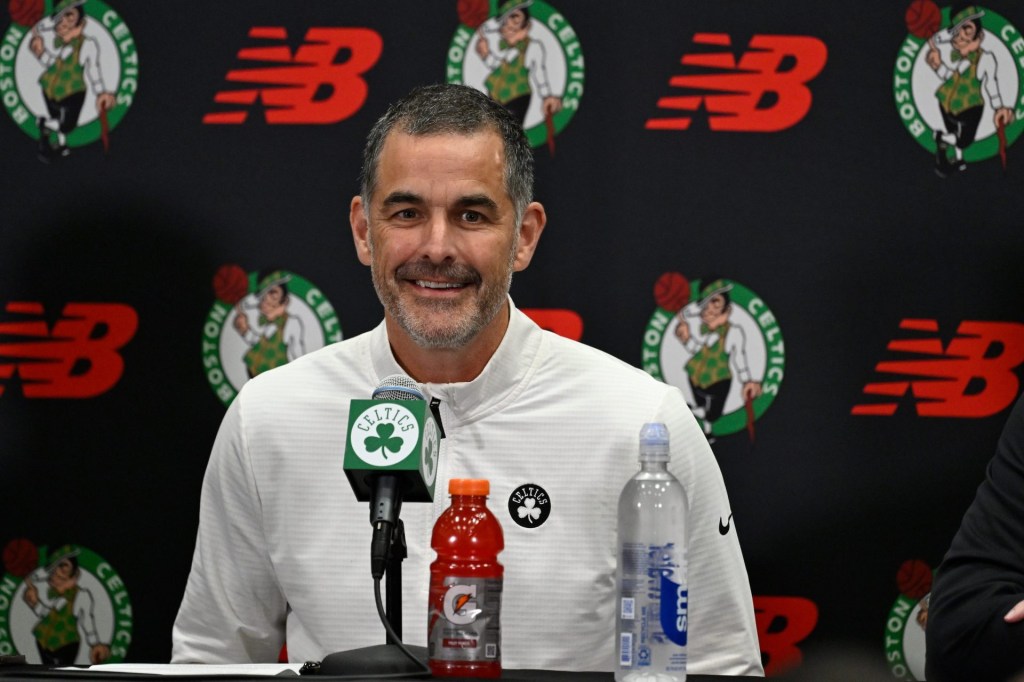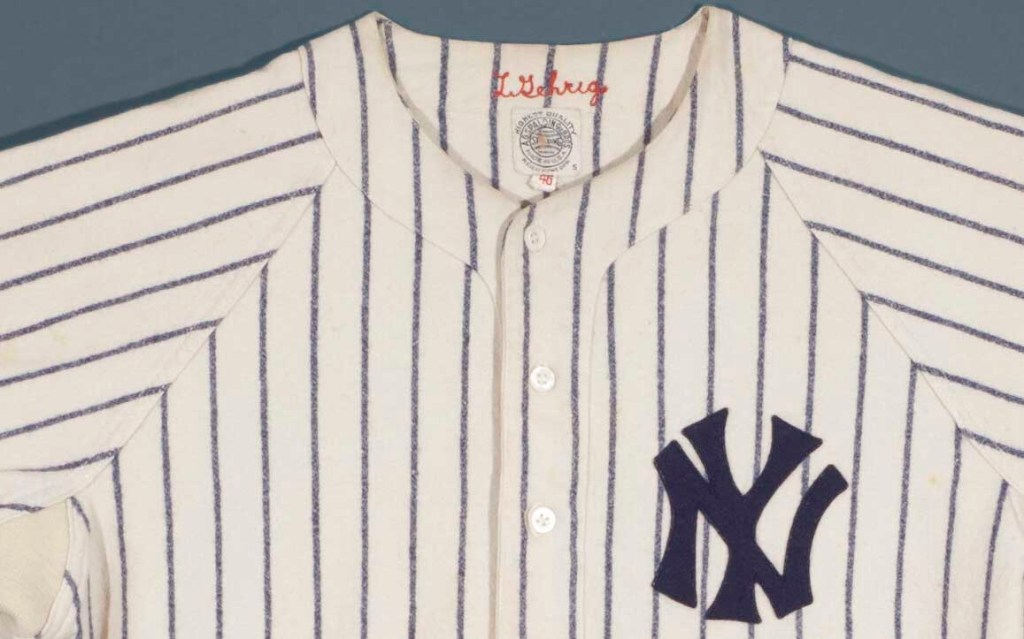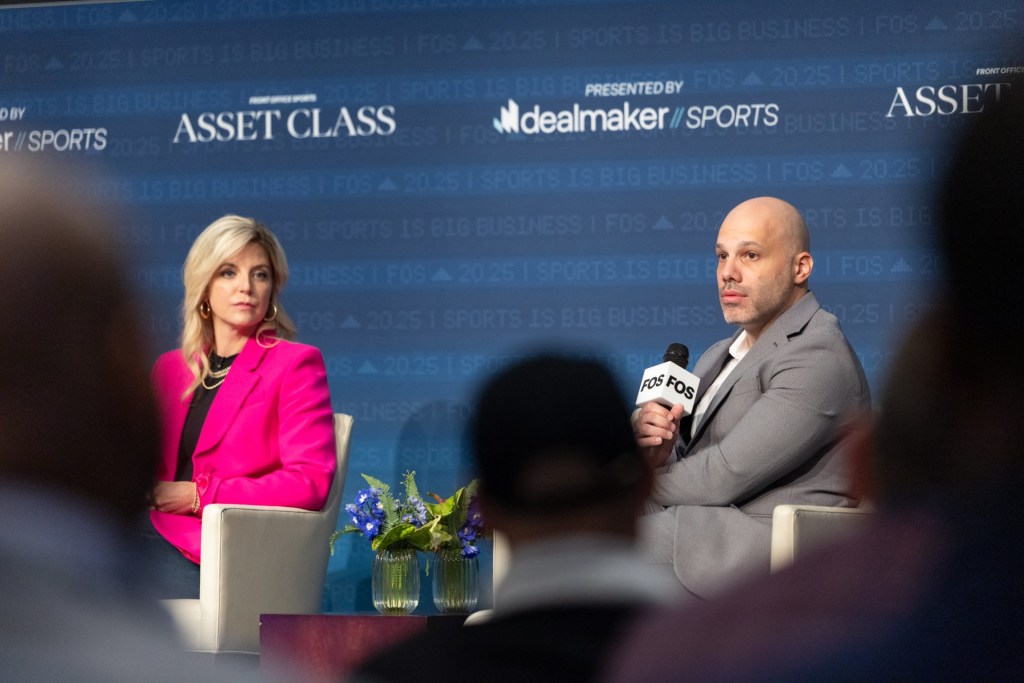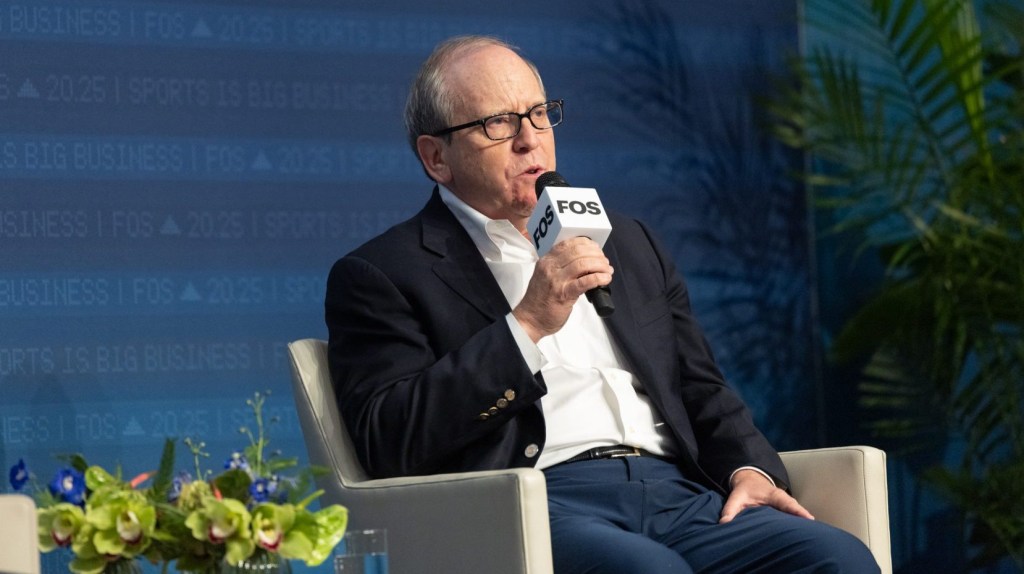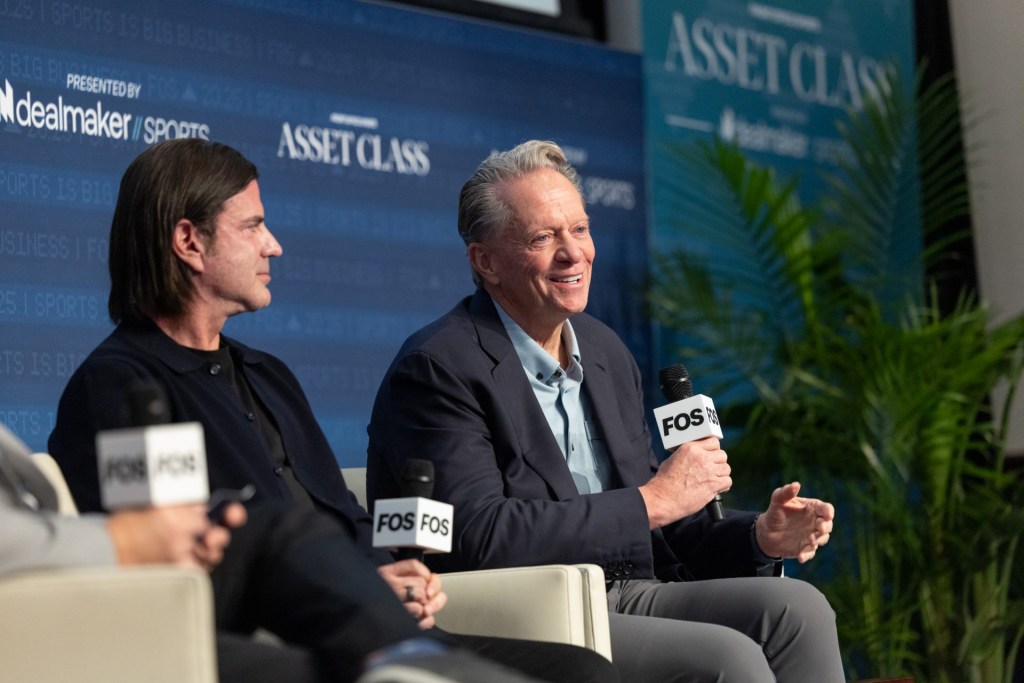Time flies when you’re spinning a basketball on your finger for an entire century. Next year, the Harlem Globetrotters celebrate their 100th birthday. For more than a decade, they’ve lived in the portfolio of Herschend Family Entertainment, a theme park operator with no other sports holdings.
In the lead-up to their historic 100th season, the Globetrotters are taking shots off the court the same way they do on it, with tricks meant to drum up excitement for their centennial. For example, the team will have exclusive merchandise using a special 100th-anniversary logo announced in May, and in early July it revealed the team will hold its first-ever open tryouts this fall to select athletes for the 2026 season.
“When you think about brands that are 100 years old, the list is really short,” Keith Dawkins, president of the Globetrotters since 2022, tells Front Office Sports. “And today, we’re putting things in place to elevate ourselves even more. We had to have a mindset shift. We’re not just a basketball tour; we’re a beloved global intellectual property.”
History of Ownership
Founded in 1926 by Abe Saperstein, the Globetrotters have stood the test of time across decades and different owners.
Saperstein owned the team until his death in 1966, at which point his estate took control. By 1967, TV and radio station operator Metromedia bought the Globetrotters for a reported purchase price of “slightly over $1 million.” In 1986, Metromedia sold the Globetrotters (and Ice Capades Inc., which put on live ice skating entertainment shows) to International Broadcasting Corp. in a deal reportedly worth $30 million. In 1993, with IBC on the verge of bankruptcy, a group led by former Globetrotters player Mannie Jackson rescued the Globetrotters through a reported $5.5 million acquisition.
In 2005, private-equity firm Shamrock Capital, controlled by Roy E. Disney, nephew of Walt Disney, purchased an 80% stake in the team for an undisclosed price. That’s where the Globetrotters lived until 2013, when Atlanta-based Herschend, a family-owned business that mostly operates live entertainment assets like amusement parks and aquariums—such as the Dollywood theme park in Tennessee and Adventure Aquarium in New Jersey—bought the Globetrotters for an undisclosed price.
That’s where the Globetrotters have been housed ever since.
In an emailed statement, Herschend CEO Andrew Wexler described the Globetrotters as a “shining example” of the company’s larger legacy, saying they “have become a powerful expression of our purpose: Bringing families closer together by creating memories worth repeating.”
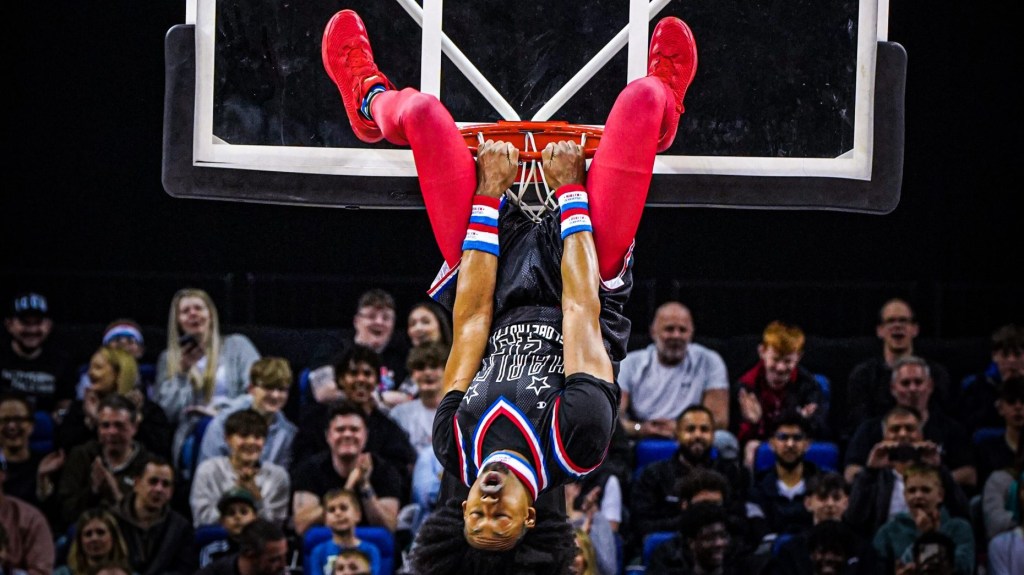
“The ethos and DNA of the Globetrotters matches up with the ethos and DNA of Herschend,” Dawkins tells FOS.
Could the Globetrotters Attract a New Buyer?
The Globetrotters are a unique asset. They are a hybrid sports and entertainment team that people recognize thanks to a history that includes their own World Tours, a Saturday morning cartoon called Harlem Globetrotters that ran on CBS in the early 1970s, and their Scooby-Doo appearances.
Led by Dawkins, the team aims to maintain its place as a well-known entity. Last year, the Globetrotters entered into a multiyear agreement with licensing giant IMG to develop products like toys, memorabilia, and video games.
“The team’s shift toward becoming a more media-forward, storytelling-rich brand is an exciting evolution that allows even more people to experience the energy, excitement, and joy of the Globetrotters—whether courtside, on-screen, or out in the community,” Wexler said.
Because they are owned by a privately held business, the team’s financial performance is not completely clear. Growjo, which tracks private companies and start-ups, estimates the Globetrotters’ annual revenue at almost $52 million per year.
Herschend and the Globetrotters seem aligned, but that doesn’t mean they will forever be intertwined. Chris Russo, CEO of advisory firm Fifth Generation Sports and a longtime sports banker, says “sports entertainment” is heating up—he cited the Savannah Bananas as another example of a team that fits in that category—and the Globetrotters are an entrenched entity that could have value to potential buyers.
“The Bananas are getting a lot of attention,” he tells FOS. “People think of the Bananas as the next Harlem Globetrotters. Well, the Globetrotters are still here and continuing into their 100th year,” Russo tells FOS.
The Globetrotters are a true global touring business, staging upward of 400 events in more than 25 countries each year. That footprint gives them built-in revenue streams through ticketing, merchandise, and IP licensing, Russo says. Despite their lack of affiliation with a pro league, the Globetrotters have everything a potential buyer—be they a PE firm or a sports and entertainment holding company like Endeavor—might want.
“When you think about whether you can create a branded property outside the big four sports, the Globetrotters have already done it,” Russo says.
As to the question of whether the Globetrotters have received any recent buyout interest, Dawkins was coy.
“I’d like to say we’re a very attractive business,” he tells FOS. “And an attractive business attracts all types of people who want to do various types of deal flow in your business. That could be from investment to strategic partnership to, the list goes on.”
